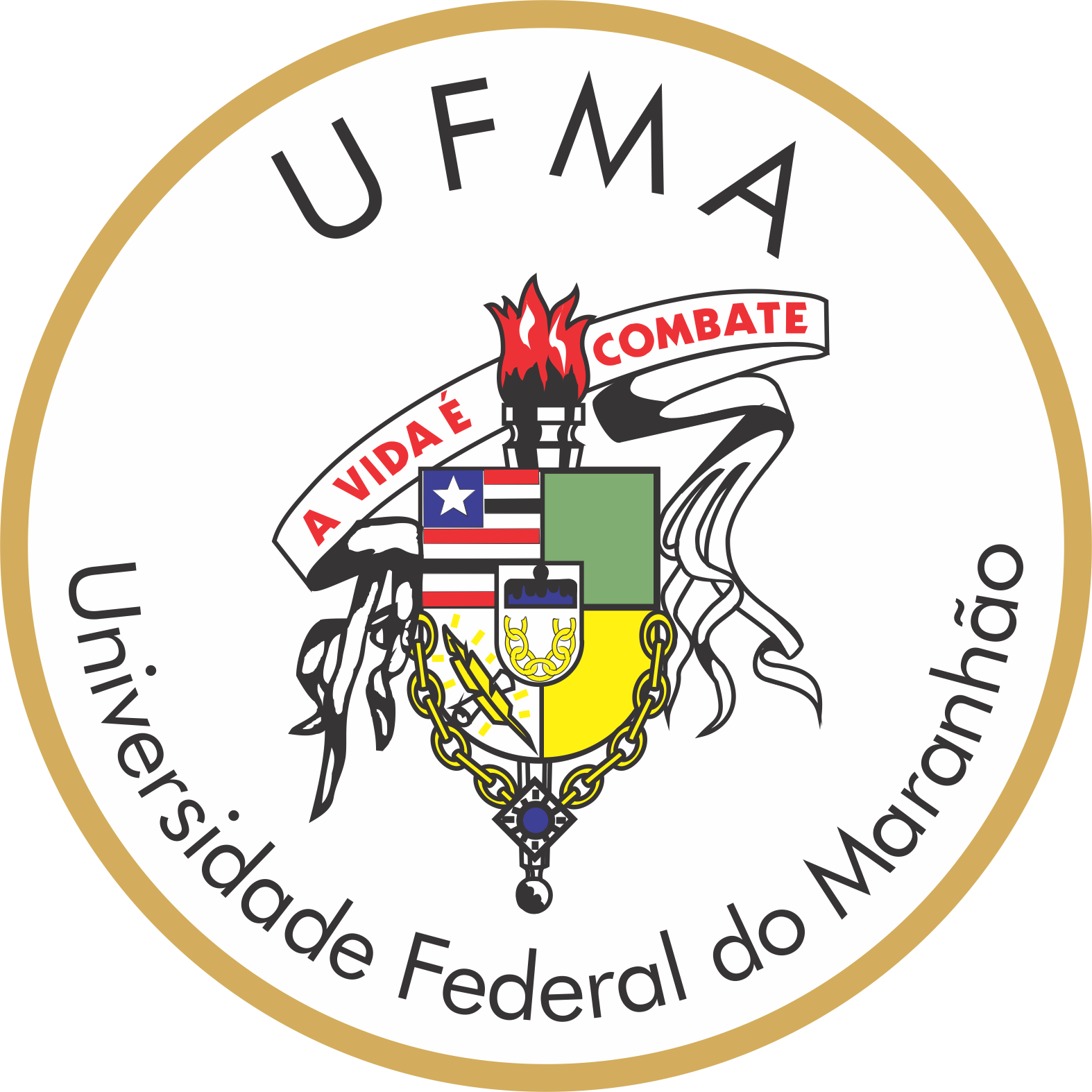Inscrições abertas para disciplina optativa Uso de Animais na Pesquisa 11/2021
2021-11-04 11:26:11.148
O Programa de Pós-Graduação em Saúde do Adulto - PPGSAD - Mestrado Acadêmico, informa que as inscrições estão abertas para alunos regulares e especiais na disciplina optativa "Uso de Animais na Pesquisa" de 15/11 a 26/11/2021.
Carga Horária: 30 horas - 02 créditos
Local: Forma remota
Professoras da Disciplina :
Prof. Doutor Rui M. Gil da Costa (coordinator, UFMA)
Prof. Doutora Haissa O. Brito (UFMA)
Prof. Doutora Maria do Socorro Cartágenes (UFMA)
Prof. Doutora Paula A. Oliveira (University of Trás-os-Montes and Alto Douro, Portugal)
Prof. Doutor Rafael Carvalho (UFMA)
Objectives
To address theoretic and practical notions on the use of laboratory animals (mainly rats and mice), focusing on PPGSAD research lines, namely oncology, cardiovascular pathology, chronic and degenerative diseases and infectious diseases. Pharmacological, toxicological and physiopathological approaches will be covered, including general notions of neuroimunoendocrinology. Ethical concerns and legal dispositions regarding the use of laboratory animals will be emphasized.
Venue
All classes will be held online via Google meet, Monday to Friday, following recommendations for social distancing during the COVID-19 pandemic. Links for attending each class will be provided by the discipline's coordinator. Adjustments to the time table may be required by invited lecturers and will be announced in advance. Recorded classes will be made available for studying.
Main topics
-Ethics in laboratory animal science, handling, housing and routine procedures. Biology and well-being of laboratory animals. Relevant legislation.
-Practical knowledge of animal handling, housing and experimental procedures.
-Specific training in techniques and procedures relevant for PPGSAD research lines, including:
-Chronic and degenerative pathologies including inflammatory and menopause-related conditions,
-Models for studying neurosciences including neuroimunoendocrinology.
-Animal models of cancer.
-Translational medicine, biomaterials, pharmacology and toxicology.
Evaluation
Students will be required to study and publicly present a research paper pertinent for the discipline, selected by the discipline's coordinator. Grades will be attributed on the basis of the presentation's thoroughness, scientific rigor and communication efficacy.
Program
Class 1
15/11/2021
Presentation and introduction to the discipline. Objectives, methods and evaluation. Matching discipline topics with specific student's research interests.
Ethics in laboratory animal science and relevant legislation.
Rui Gil da Costa and Rafael Carvalho
Class 2
16/11/2021
Biology and well-being of laboratory animals. Laboratory animals, species, strains and their applications.
Rafael Carvalho
Class 3
17/11/2021
Handling, housing and routine procedures in laboratory animal science. Analgesia, anesthesia and euthanasia.
Rafael Carvalho
Class 4
18/11/2021
Chronic and degenerative pathologies. Principles and applications, specific training on techniques and procedures.
Seminars
M. Socorro Cartágenes
Class 5
19/11/2021
Animal models of cancer. Types of models and their applications.
Seminars
Rui Gil da Costa and Paula Oliveira
Class 6
22/11/2021
Modeling Inflammation, pain and fever. Principles, techniques and specific procedures.
Seminars
Haissa Oliveira Brito
Class 7
23/11/2021
Drug development: animal models, alternative models, principles, techniques and applications.
Seminars
Rui Gil da Costa
Class 8
24/11/2021
The activity and importance of Ethics Committees: supporting the credibility of scientific results.
Seminars
Rafael Carvalho
Class 9
25/11/2021
Models for studying neurological sciences. Specific training on techniques and procedures.
Seminars
Haissa O. Brito
Class 10
26/11/2021
Seminars
Self-evaluation and discussion of the discipline's main topics.
Rui Gil da Costa
References
ANDRADE, A., PINTO, SC., and OLIVEIRA, RS., orgs. Animais de Laboratório: criação e experimentação [online]. Rio de Janeiro: Editora FIOCRUZ, 2006. 388 p.;
ALCOCK, John. Comportamento animal: uma abordagem evolutiva. Porto Alegre: Artmed, 2011.;
BRASIL. Procedimentos para o uso científico de animais. Lei nº 11.794, de 8 de outubro de 2008.
BRASIL. Resolução CONCEA/MCTI nº 49 de 7 de Maio de 2021. https://www.in.gov.br/en/web/dou/-/resolucao-concea/mcti-n-49-de-7-de-maio-de-2021-318712950.
Conn P.M. Sourcebook of models for Biomedical Research. Totowa, NJ: Humana Press, 2008.
GOMES, D. 2010. A legislação brasileira e a proteção aos animais. Disponível em: https://www.direitonet.com.br/artigos/exibir/5595/A-legislacao-brasileira-e-a-protecao-aos-animais;
GONYOU, H. W. Why the study of animal behavior is associated with the animal welfare issue. Journal of Animal Science, v. 72, p. 2171-2177, 2008.
Para aluno Especial
Valor da inscrição: R$ 110,00
Confirmação de inscrição na disciplina oferecida pelo SIGAA e por email :ppgsad@ufma.br
Contato: 3272-9520 / 9521
